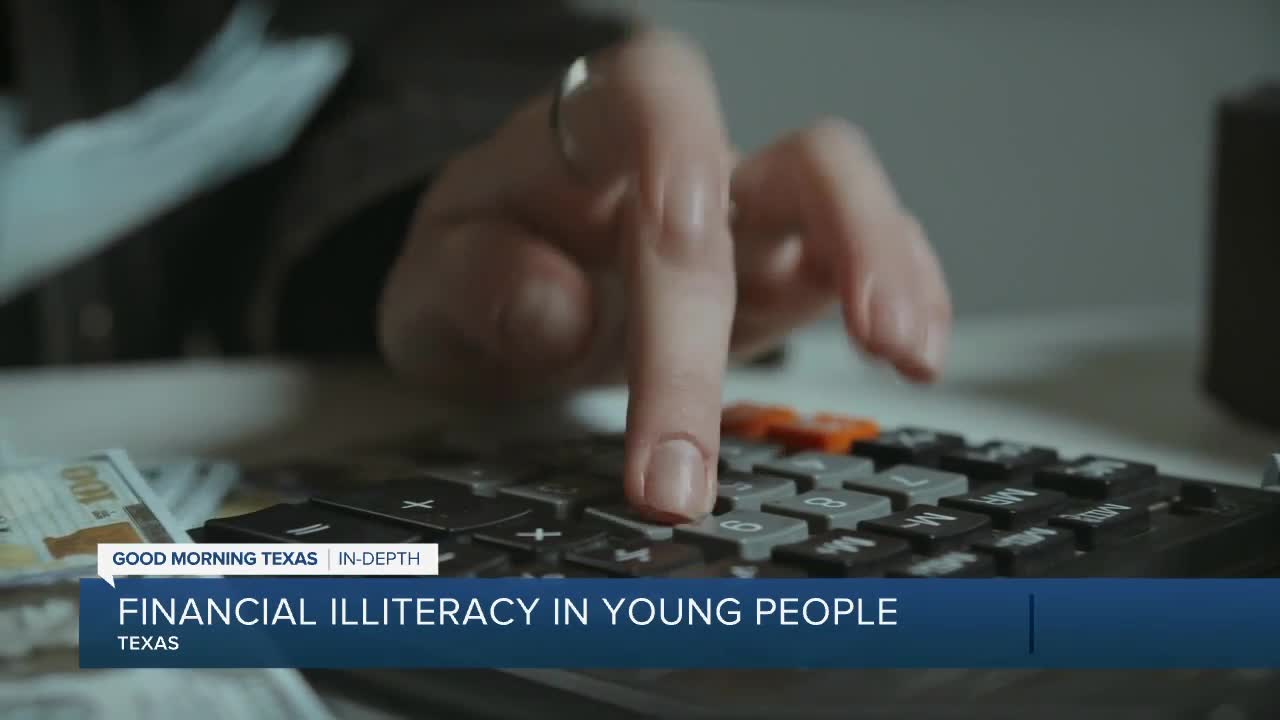WACO, TX — In the world of finance, you move around a lot.
"I'm an advisor to a significant number of native American tribes both on their casino operations and their treasury operations," Paul Bradford of Malcom Johnson CPA and Advisors said. Bradford is someone who's well aware that financial literacy is something today's generation is well increasingly illiterate in.
"I would say the vast majority of young people do not have the proper knowledge to basically manage finances both their income and their expenditures and to implement their plan for saving and investing."
"I would say the vast majority of young people do not have the proper knowledge to basically manage finances both their income and their expenditures and to implement their plan for saving and investing."
Don't just take Paul's word, there are some stats that lead credence to the notion.
According to a survey by career builder, 78% of adults today are living paycheck to paycheck, three in five adults don't keep a budget, and two out of three families today don't even an emergency fund.
"When you're young you want to go out and party and when you're Waco, you know how Baylor is very well."
Let's take a look at stats from youth dot gov showing a mind-boggling 48 percent of high school seniors had an adequate score in their financial literacy exams if required one at all. And only 27 percent of youth know what inflating is or could calculate simple interest rates.
So the youth today is financially literate and many of our young adults find themselves in the same position. so what's the solution? Bradford says start simple.
"It would be advisable for anyone of any age to basically take a step back and ask themselves what type of life I want to live."
You don't need a million-dollar college course. do things like budget your groceries. How much am I spending on milk a week? How much am I spending on bread?
"You want to have the goal of saving 10-20 percent per month."
It's a small step to take, in a bigger problem worth solving, that could mean a bigger bank account for you in the end.




